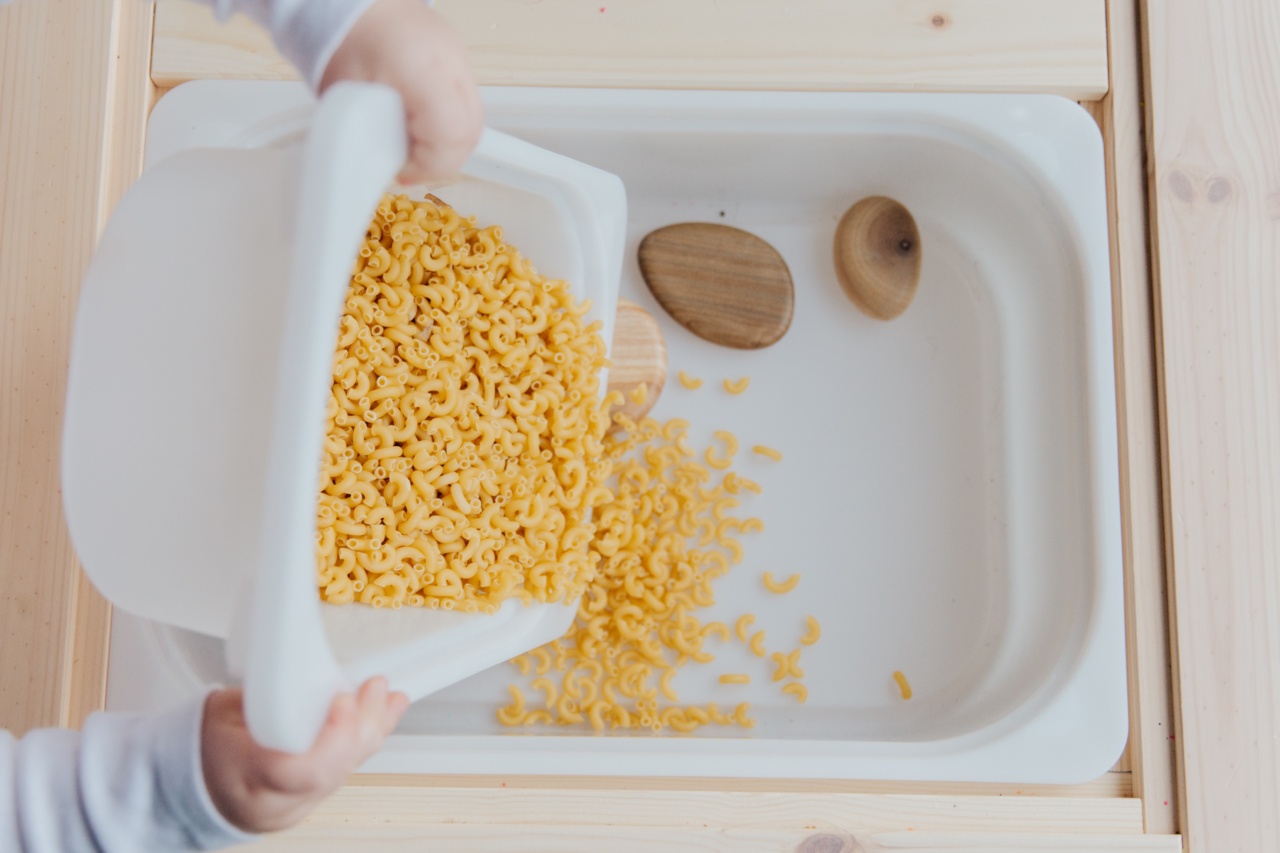Healthy eating plays a crucial role in maintaining a healthy body, and it is particularly important to consider its impact on the development of bowel polyps.
Bowel polyps, also known as colorectal polyps, are abnormal growths that form on the inner lining of the colon or rectum.
What Are Bowel Polyps?
Bowel polyps are non-cancerous growths that can vary in size and shape. They typically form when there is an overgrowth of cells in the lining of the colon or rectum. Polyps can develop in both men and women, and their prevalence increases with age.
While most polyps remain benign, some may develop into colorectal cancer if left undetected and untreated.
The Relationship Between Diet and Bowel Polyps
Research has shown that diet plays a significant role in the development of bowel polyps. Certain foods and dietary patterns have been associated with an increased risk of polyp formation and progression.
1. Red and Processed Meats
A high intake of red and processed meats has been linked to an increased risk of developing bowel polyps.
These meats contain harmful compounds, such as heterocyclic amines and polycyclic aromatic hydrocarbons, which are formed during cooking processes like grilling and smoking. These compounds have been shown to promote the growth of polyps in the colon and rectum.
2. Low Fiber Intake
A diet lacking in fiber has been associated with an elevated risk of bowel polyps. Fiber plays a crucial role in maintaining the health of the digestive system by promoting regular bowel movements and preventing constipation.
It also helps to keep the colon clean and reduce the time that potentially harmful substances spend in contact with the colon lining.
3. High Fat Foods
Consuming a diet high in saturated and trans fats has been linked to an increased risk of colorectal polyp formation. Foods that are rich in these fats include fatty cuts of meat, fried foods, processed snacks, and high-fat dairy products.
High-fat diets are thought to promote inflammation and damage the cells of the intestinal lining, potentially predisposing individuals to polyp development.
4. Alcohol
Excessive alcohol consumption has been associated with an increased risk of developing bowel polyps. Alcohol can irritate the digestive tract, promote inflammation, and lead to an imbalance in the gut microbiota.
These factors may contribute to the development and progression of polyps.
5. Refined Grains
Refined grains, such as white bread, white rice, and pastries, have been linked to an elevated risk of bowel polyps. These grains are stripped of their fiber content during processing, leaving behind mainly simple carbohydrates.
The lack of fiber in refined grains can contribute to constipation and decreased bowel movement frequency, potentially increasing the risk of polyp formation.
6. Low Fruit and Vegetable Consumption
Eating a diet low in fruits and vegetables has been associated with a higher risk of developing bowel polyps. Fruits and vegetables are rich in nutrients, antioxidants, and fiber, all of which contribute to a healthy digestive system.
They help maintain regular bowel movements, reduce inflammation, and provide protection against oxidative stress, which can contribute to polyp development.
7. Obesity
Obesity and excess body weight are risk factors for many health conditions, including bowel polyps. Studies have shown that individuals who are overweight or obese are more likely to develop polyps in their colon and rectum.
The exact mechanisms linking obesity to polyp formation are not fully understood but are believed to involve chronic inflammation and hormonal imbalances.
8. Lack of Physical Activity
A sedentary lifestyle and a lack of regular physical activity contribute to an increased risk of developing bowel polyps. Exercise helps to regulate bowel movements, reduce inflammation, and improve overall gut health.
Being physically active also helps manage weight, which, as mentioned earlier, is a known risk factor for polyp development.
9. Smoking
Smoking has been consistently linked to a higher risk of colorectal polyps. The harmful chemicals in tobacco smoke can damage the DNA of colon cells and promote inflammation.
Smoking also impairs the immune system’s ability to suppress abnormal cell growth, potentially fostering polyp development.
10. Insufficient Water Intake
Dehydration and insufficient water intake can contribute to constipation and irregular bowel movements. When waste material stays in the colon for prolonged periods, the chances of polyp formation increase.
Drinking an adequate amount of water is crucial for maintaining optimal digestive health and reducing the risk of developing bowel polyps.
Conclusion
Your dietary choices play a vital role in the development and prevention of bowel polyps.
By avoiding red and processed meats, increasing fiber intake, reducing fat consumption, moderating alcohol consumption, opting for whole grains, embracing fruits and vegetables, maintaining a healthy weight, engaging in regular physical activity, quitting smoking, and staying hydrated, you can significantly reduce your risk of developing bowel polyps. Incorporating these dietary and lifestyle changes is essential for promoting bowel health and safeguarding against colorectal polyps and potential progression to cancer.






























